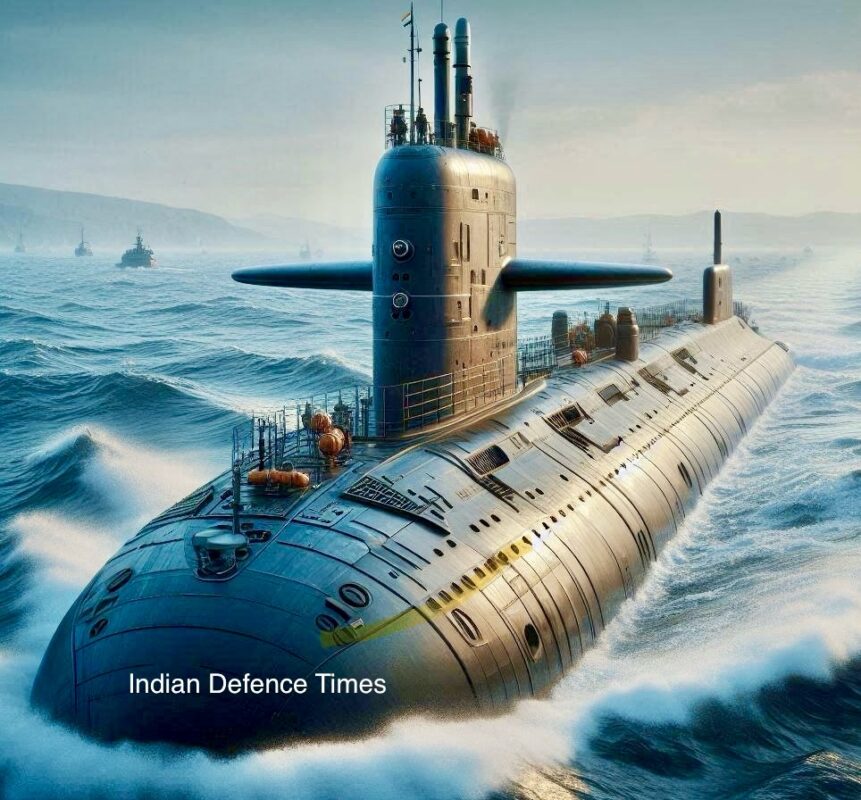In 2024, the geopolitical landscape has once again been shaken by the emergence of a new military strategy from Russia, ominously named Operation Unthinkable. This plan, reminiscent of the original Operation Unthinkable devised by Winston Churchill in 1945, has been revealed as a potential response to escalating tensions between Russia and the NATO alliance.
Background and Motivation
The primary motivation behind Russia’s Operation Unthinkable 2024 is the ongoing conflict in Ukraine and the perceived threat from NATO’s military presence in Eastern Europe. Russian President Vladimir Putin has repeatedly warned of the possibility of World War III if NATO continues to support Ukraine militarily. The plan aims to neutralize the nuclear capabilities of Britain and France, thereby weakening NATO’s strategic position in Europe.
The Plan
Operation Unthinkable 2024 is a bold and aggressive strategy that involves a surprise attack on the nuclear arsenals of Britain and France. According to Russian military experts, the plan could be executed within a single day, effectively disabling the nuclear deterrents of these two countries. The operation would involve a combination of cyber-attacks, precision strikes, and other advanced military tactics to achieve its objectives.
The plan is designed to achieve two main goals:
- Deprive Europe of its military-geopolitical status: By eliminating the nuclear capabilities of Britain and France, Russia aims to reduce the number of nuclear powers in Europe from nine to seven. This would significantly alter the balance of power in the region.
- Neutralize NATO’s strategic advantage: With Britain and France’s nuclear arsenals neutralized, NATO would be left with limited tactical weapons and US nuclear weapons. This would make it more difficult for NATO to respond effectively to any further Russian aggression.
Implications
The revelation of Operation Unthinkable 2024 has sent shockwaves through the international community. The plan underscores the high stakes involved in the ongoing conflict between Russia and NATO and highlights the potential for a catastrophic escalation. If implemented, the operation could lead to a full-scale nuclear war, with devastating consequences for Europe and the world.
The plan also raises important questions about the future of international security and the role of nuclear weapons in modern warfare. As tensions continue to rise, it is crucial for world leaders to engage in diplomatic efforts to prevent such a scenario from becoming a reality.







